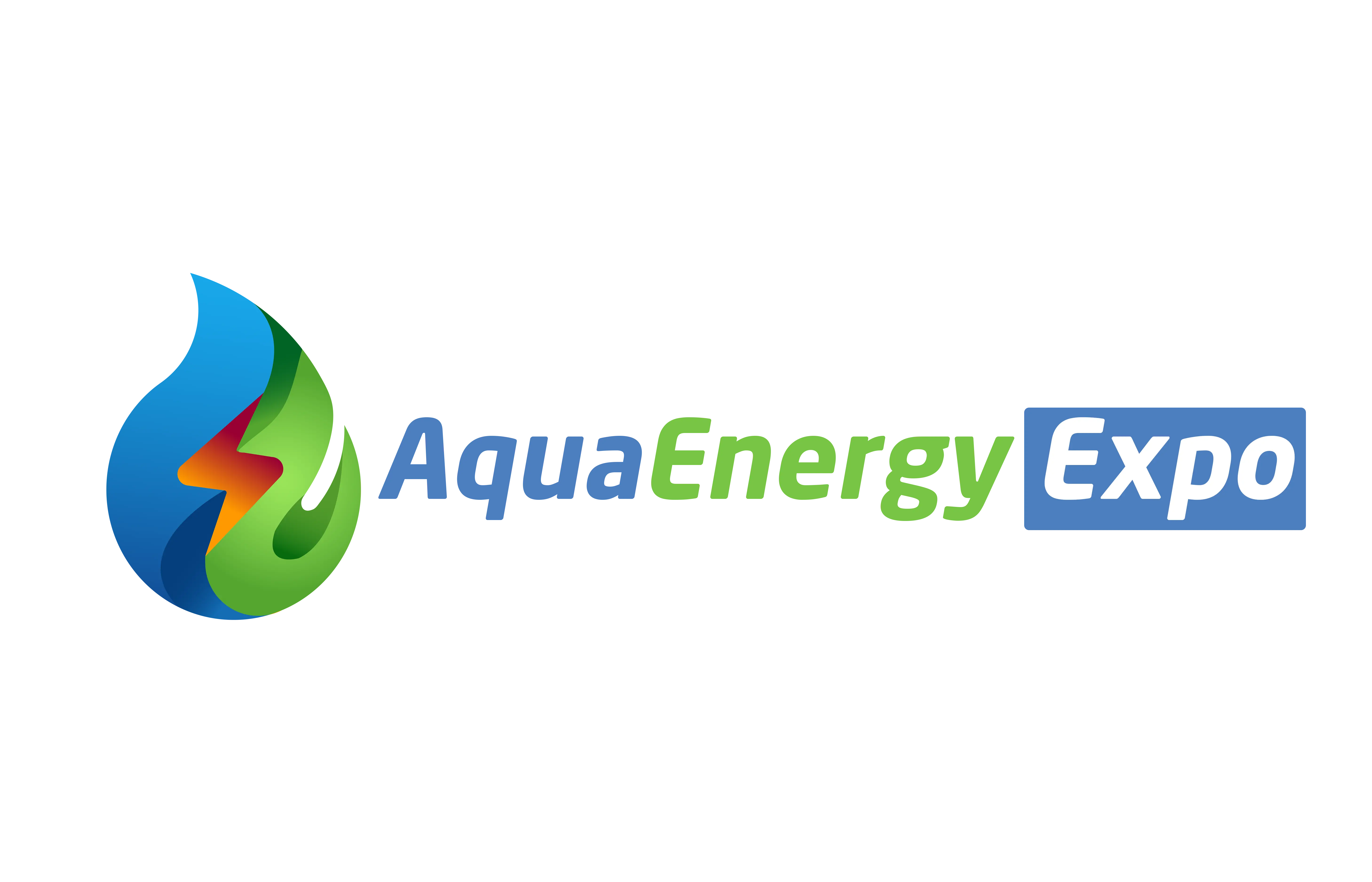
Belgium, Netherlands and Germany join forces to drive hydrogen economy
A Memorandum of Understanding (MOU) was signed by the German National Hydrogen Council, NLHydrogen (NLH), and the Belgian Hydrogen Council (BHC) to reaffirm their shared commitment to collaborative projects targeted at boosting the hydrogen economy in the North-West of Europe.
The MOU expands on Belgium, the Netherlands, and Germany’s strong tradition of collaboration and support for one another.
It aims to create a forum for cooperation between the public and private sectors as well as between academic institutions, research centers, industry, and civil society in order to foster sustainability, innovation, and the growth of a sustainable hydrogen economy.
The MOU’s main goals are to facilitate joint publications, encourage the broad use of hydrogen technology, and help the integration of hydrogen into the renewable energy landscape in accordance with European directives like the Renewable Energy Directive (RED II/III).
The three parties think that by encouraging cooperative activities in market and technological development, as well as policy, the regulatory environment, and stakeholder communication, this collaboration will produce wide market benefits.
Jacqueline Vaessen, acting director of NLHydrogen, expressed enthusiasm for the collaboration, stating, “The Netherlands, Belgium and Germany are historically main users of hydrogen in Europe, and we are facing similar challenges in producing and utilising clean hydrogen in different sectors.
Joining forces with other associations to tackle these challenges benefits the development of hydrogen market in the three countries.”
Prioritizing seamless cross-border cooperation amongst Germany, the Netherlands, and Belgium will help to optimize the regional impact of hydrogen efforts.
“The import of green hydrogen toward the European industry from countries with enough wind, sun, and space is an important step stone to reach the European climate targets,” said Tom Hautekiet, chairman of the Belgian Hydrogen Council.
The Netherlands and Belgium will serve as key hubs for the transportation of hydrogen to the German industry.
This includes putting in place shared infrastructure for import, offtake, and throughput as well as harmonizing rules. By doing this, we can build a strong ecosystem and a hub for imports into North-West Europe.
This cooperative effort will enhance the prosperity of the entire region in addition to benefiting our Belgian industry.
The MOU specifies a number of important initiatives that will be carried out as part of this cooperation, such as information sharing, cooperative workshops and meetings, collaborative event planning, coordinated communication, and outcome promotion.
A new milestone in our joint efforts towards a sustainable energy future is marked by the Memorandum of Understanding, said Katherina Reiche, head of the German National Hydrogen Council.
We intend to use our proficiency and assets to propel significant advancements in the acceptance and assimilation of hydrogen-based technology.
This will open up new doors, spur technical development, and prepare Europe for a hydrogen-powered future.
The collaboration of Belgian, Dutch, and German industry, academic institutions, research centers, and civil society to promote innovation and encourage the broad use of hydrogen technology throughout Europe has advanced significantly with the signing of this Memorandum of Understanding.
Additionally, it strongly suggests to the corresponding governments that future development of the hydrogen economy will depend on cooperation amongst neighboring Member States.
Source: The Belgian Hydrogen Council

